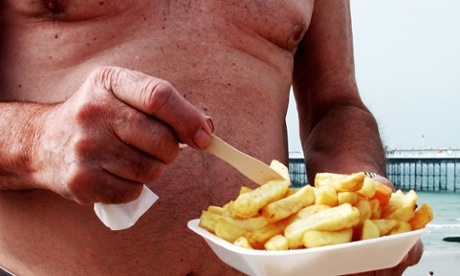
Australian scientists now say fat is the sixth taste, contradicting the previously accepted list of five primary tastes: sweet, salt, sour and bitter, and umami.
“The evidence now is comprehensive and overwhelming enough to call fat a taste,” Russell Keast of Deakin University in Melbourne said.
In the latest issue of the Flavour Journal, a team from Deakin University writes that the sixth addition is fat.
Despite fat being classified as a taste as early as 330BC by Aristotle, more recently it has been associated with texture, flavour release and thermal properties in foods, but not the sense of taste.
For many years, only four basic tastes were agreed upon and it was only in 2002 that umami, a savoury or protein-rich flavour, was added to the list.
For fat to be considered a taste, it must meet five criteria.
In the paper titled Is Fat the Sixth Taste Primary? Evidence and Implications, Professor Keast describes how fat meets these criteria, which includes that the tongue has taste buds that can detect the presence of fatty acids.
The researchers believe their findings could help in the battle to curb the world’s growing obesity problem.
Their previous research, which has involved up to 500 volunteers over several years, has shown those who are sensitive to the taste of fat eat less.
“We have to put a lot more fat into the trials we do for people who are overweight or obese so they are able to identify it, than healthy-weight people.
“It has this relationship with diet which appears to be very important.
“When we think about those foods that were put out in the 1990s, low-fat foods that were often failures, maybe it’s as simple as not understanding the role of fat.
“You just can’t remove the fat from a food and replace the textural components and replace the flavour release and expect it to be successful because you haven’t matched the taste component, which has all of these other physiological and psychological effects that will affect the liking and acceptance of the food.”
